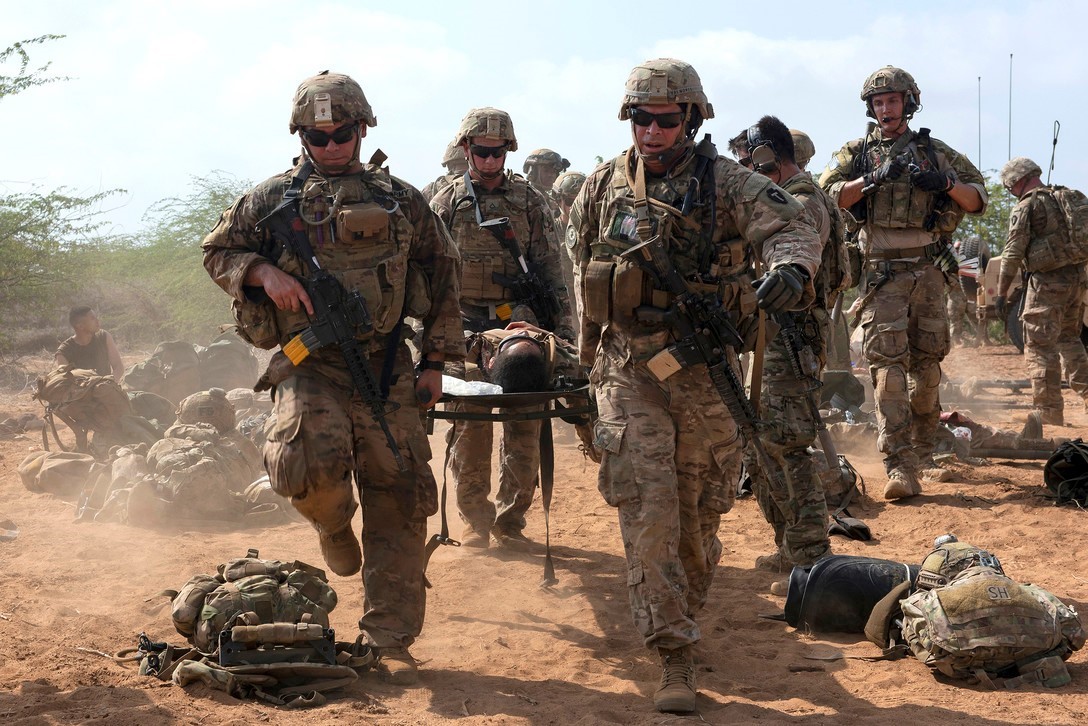Charles River Analytics Inc., developer of intelligent systems solutions, will pioneer how autonomous artificial intelligence can help save lives under new contracts for the US Army’s Telemedicine & Advanced Technology Research Center (TATRC).
“To become more resilient to the challenges on the battlefield, Warfighters need better access to casualty care, even when they’re cut off from support or evac,” said Max Metzger, Senior Software Engineer at Charles River Analytics.
The Army awarded Charles River three related contracts to design components for an Automated Ruggedized Combat Casualty Care (ARC3) system. The ARC3 system aims to provide life-saving techniques and strategies for trauma care on the battlefield, known as Tactical Combat Casualty Care (TCCC). Each contract focuses on a different component of the ARC3 system—monitoring, diagnostics, and intervention.
“We’re excited to be working on life-saving trauma systems,” added Metzger. “Under ARC3, we’re building software modules to help medics monitor patients, diagnose injuries, and provide treatment in areas that are isolated or difficult to access.”
The Army also awarded a contract enhancement for our EPIC3 app, which helps medics diagnose and treat traumatic injuries. The enhancement will be used to develop tools that let TCCC experts author protocols that can be understood by medical AI.
“EPIC3 offers a simple interface tailored to the medic’s needs and skill level,” added Metzger. “It compiles diagnostic and treatment techniques from medical experts and the latest research, and then presents medical alerts and treatment guidance.”
We recently presented EPIC3 at the U.S. Army Telemedicine & Advanced Technology Research Center (TATRC) open house.
EPIC3 and ARC3 build on other techniques and apps Charles River has developed to support Warfighters and predict traumatic injury, such as the TMT tourniquet training system and the PROMPTER training tool for battlefield first-aid skills.
See more of our Healthcare Support and Training efforts that address medical skills training, therapy and decision-support tools, as well as sensor and sensing technologies. These efforts include our VITAMMINS medical simulation and tutoring system, and the STAT tablet-based training system, which presents a virtual patient in multiple trauma scenarios for efficient and effective learning, rehearsal, and assessment.
This work was awarded by the US Army Medical Research and Materiel Command under Contract Nos. W81XWH-18-C-0008, W81XWH-18-C-0132, W81XWH-18-C-0330, and W81XWH-19-C-0029. The views, opinions and/or findings contained in this report are those of the author(s) and should not be construed as an official Department of the Army position, policy or decision unless so designated by other documentation. The appearance of Department of Defense imagery does not imply endorsement.





